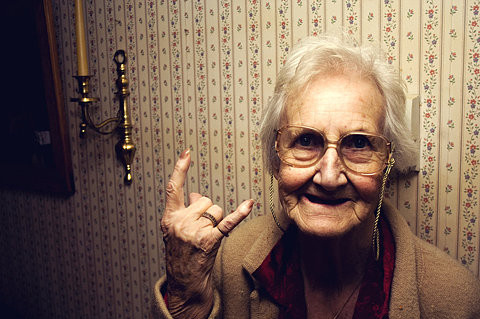Funny People Faces Definition
Source(Google.com.pk)
It was hardly an accident that 22-year-old Barbra Streisand seemed to embody the comedian Fanny Brice so perfectly in the 1964 Broadway musical “Funny Girl.” According to celebrity biographer William J. Mann, the role was deliberately tailored to fit her — after she had tweaked her own image to win the part from a producer, Ray Stark, who happened to be married to Brice’s daughter.
In the case of “Funny Girl,” life and art borrowed from each other, to spectacular effect. The show and subsequent movie made Streisand a cultural icon — a status that, at 70, she has yet to relinquish.
Mann, the author of well-regarded biographies of Katharine Hepburn and Elizabeth Taylor, reminds us that Streisand’s success didn’t involve decades of anonymity and struggle. By any reasonable standard, her ascent from wannabe actor to nightclub singer to award-winning stage, screen, television and recording star was meteoric.
But Streisand’s celebrity was not quite as sudden as it seemed, and neither luck nor talent alone could have guaranteed it. In “Hello, Gorgeous: Becoming Barbra Streisand,” Mann depicts not just her ferocious ambition and equally fierce insecurities (no surprises there), but also the people and strategies that enabled her rise. With many of those acolytes and assistants as sources, Mann provides an intimate, gossipy and sympathetic account of early Streisand that still manages to stop short of hagiography.
Telescoping her unhappy childhood and her long post-“Funny Girl” career into a few brief pages each, Mann concentrates on the five-year period after Streisand’s departure from the modest Brooklyn apartment that reeked of both unresolved mother-daughter tensions and the kale that Streisand’s mother used to make chicken soup.
Diana Rosen Streisand Kind had been an aspiring singer, accepted at one point into the Metropolitan Opera’s chorus. But Rosen’s father, an Orthodox cantor (yet another generation of musical talent), “objected to how late she got home, so that was the end of that,” Mann reports. Instead, Rosen married the intellectually inclined Emanuel Streisand, a teacher. But he died of respiratory failure after a morphine injection for epilepsy, leaving behind a son, Sheldon, and 15-month-old Barbara Joan.
After getting pregnant, Streisand’s mother was married again, this time to a reluctant Louis Kind. Mann describes him as a coarse philanderer who hit his wife and told his stepdaughter that she was ugly. Diana eventually got divorced, but the damage was done. For some reason, she was always hard on her daughter, expressing her pride only to friends; as Mann poignantly describes, the two never seemed emotionally in sync.
With no real father figure and a less-than-adoring mother, Barbra (she dropped the second “a” to stand out) was driven by the voracious need for approval that bedevils, and inspires, many performers. By 16, she was living in Manhattan, taking acting lessons and meeting a series of gay men who would help shape both her personal style and musical repertoire — among them Terry Leong, who took her thrift-store shopping, and Bob Schulenberg, who did her makeup.
Mann gets very close to the young Barbra, thanks to sources such as Schulenberg and Barry Dennen, who was probably her first lover. Dennen reports that he introduced her to a range of musical influences and suggested that she enter talent contests at a gay club, the Lion; she won repeatedly, launching her singing career. Dennen, an aspiring actor, helped select, arrange, and orchestrate her songs.
Their relationship, as he recalls it, revolved around Streisand and her ambitions. When he performed in a play in Central Park, Streisand never managed to find time to see him — an act of negligence that apparently still rankles. Mann attributes the lapse to her “usual self-absorption.”
Whatever his excuses, Dennen, Mann tells us, broke Streisand’s heart. She walked into their shared apartment one day to find him in the arms of a man. Their relationship, unsurprisingly, never recovered.
Funny People Faces

Funny People Faces

Funny People Faces

Funny People Faces

Funny People Faces

Funny People Faces

Funny People Faces

Funny People Faces

Funny People Faces

Funny People Faces

Funny People Faces
No comments:
Post a Comment